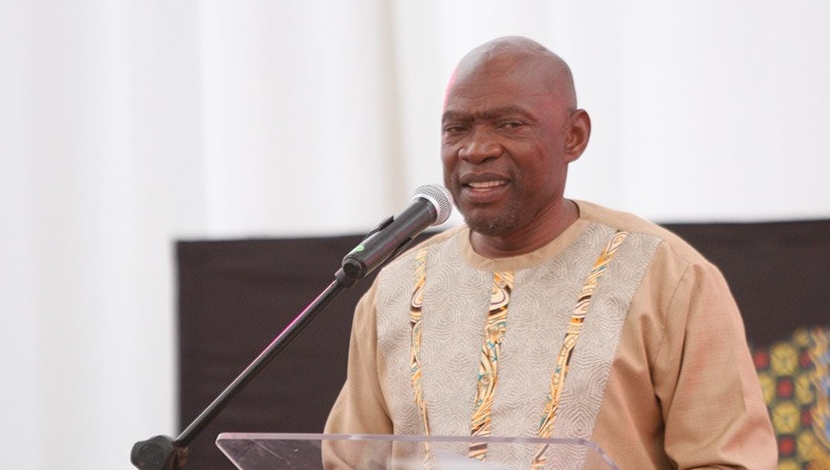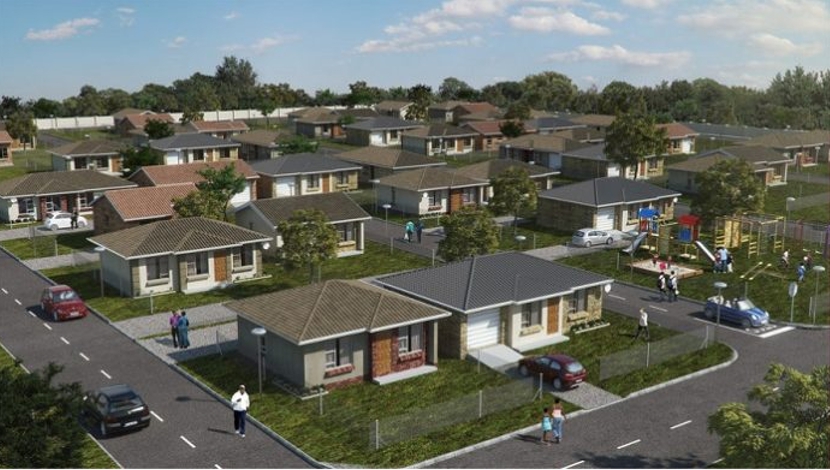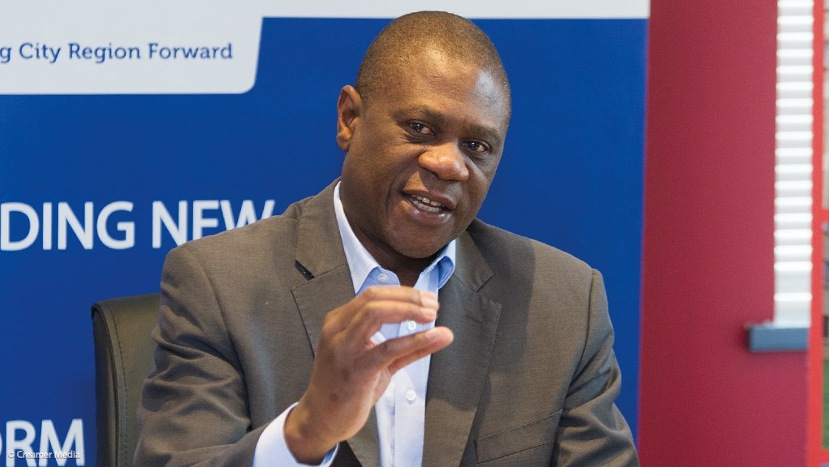

The Gauteng Provincial Government says despite increasing population numbers, it continues to work tirelessly to ensure that the basic needs of the people are met.
The province attracts migrants from other parts of South Africa and across the African continent in search of jobs and other economic opportunities, due to its status of being the economic hub of South Africa.
The provincial government said although migration has contributed to the development of the province, it can also pose challenges to the provincial government through the added burden on State financed services such as housing, infrastructure, education and health services.
The Gauteng Midterm Report, which was released on Tuesday, revealed that the provincial government has built about 1.2 million RDP houses (31% of the national stock) between 1994 and 2016.
The province is now embarking on a programme to build sustainable human settlements, instead of merely providing RDP houses.
Gauteng Premier David Makhura said the provincial government has also undertaken to develop 31 mega human settlements, in partnership with the private sector. The new mega human settlements are built to locate people closer to economic opportunities.
He said government is also working with the private sector and municipalities to build new cities. Construction is currently underway at Savannah City, Steyn City, Waterfall City, Lanseria City and Vaal River City.
Access to basic services is high in the province, with water provision of up to 97%, sanitation up to 91%, refuse removal up to 91% and electricity approximately 84%.
Despite these successes on the human settlement front, the provincial government said the housing backlog remains a challenge, with about 600 000 people remaining unhoused due to the rapid rate of urbanisation and in-migration.
Giving youngsters skills to be self-reliant
The provincial government said it is working tirelessly to alleviate poverty in the province, and that the poverty headcount has declined from 10.5% in 2001 to 4.6% in 2016.
“Our intervention programme called Welfare-to-Work, which targets young mothers not to depend on social grants but become self-reliant through skills development, has been scaled up.
“By the end of 2016, about 10 500 Welfare-to-Work beneficiaries graduated, equipped with skills and decent employment,” said Premier Makhura.
He said the Bana-Pele programme, an initiative by the provincial government to assist vulnerable children and orphans to access services through a “single window”, has led to the distribution of close to 600 000 dignity packs over the mid-term, resulting in a visible reduction in absenteeism by girls.
However, the Premier said poverty is still acute and intense in Gauteng, with about 16.5% of households without income. Hunger is prevalent, with about 16.3% of households not having adequate food daily.
“Increased and targeted pro-poor interventions to raise incomes and enhance food security are being introduced. This means we must have a more targeted approach, particularly in poverty acute districts like the West Rand and Sedibeng, which are the poorest part of our province,” said Premier Makhura.
Modernising public service
The Premier said the provincial government has introduced a range of new initiatives to improve service delivery. He said Information Communication Technology (ICT) systems have been deployed to various service delivery areas to improve efficiency.
He said the Gauteng government has harnessed ICT in health (e-Health), resulting in 60 hospitals having been supported with scanned medical records and 20 supported in the migration to the Medicom Computerised Patient Information System.
He said the digitisation of patient files is currently underway and will be completed by 2019.
In 2016, the provincial government unveiled an electronic bed management system, which eliminates patients from waiting for hours for a hospital bed, or dying while ambulances drive around trying to locate a bed.
In addition to this, in 2015 government introduced an electronic invoicing service, which trims the amount of time it takes suppliers to get invoices to the correct provincial government department from 60 days to under two days.
Furthermore, the provincial government introduced the school online application process in 2016 to eliminate long queues and create a centralised database to allow for accurate reporting in the province.
Meanwhile, the rollout of more than 1 500 kilometres of network fibre through the Gauteng Broadband Network project has been a major boost for the economy, with over 800 access sites having been added to the network, with household internet connectivity increasing from 59.9% in 2014 to 65.7% in 2015.
The provincial government said the implementation of ICT in education has been a success with the launch of seven pilot schools in 2015 and over 7 000 learners benefitting from the pilot phase of e-learning.
The second phase focused on the matric classrooms of 377 no-fee township schools, reaching in excess of 65 000 learners in more than 2 000 classrooms. The third phase of the rollout commenced in April 2016, targeting Grade 11 learners in no-fee schools





